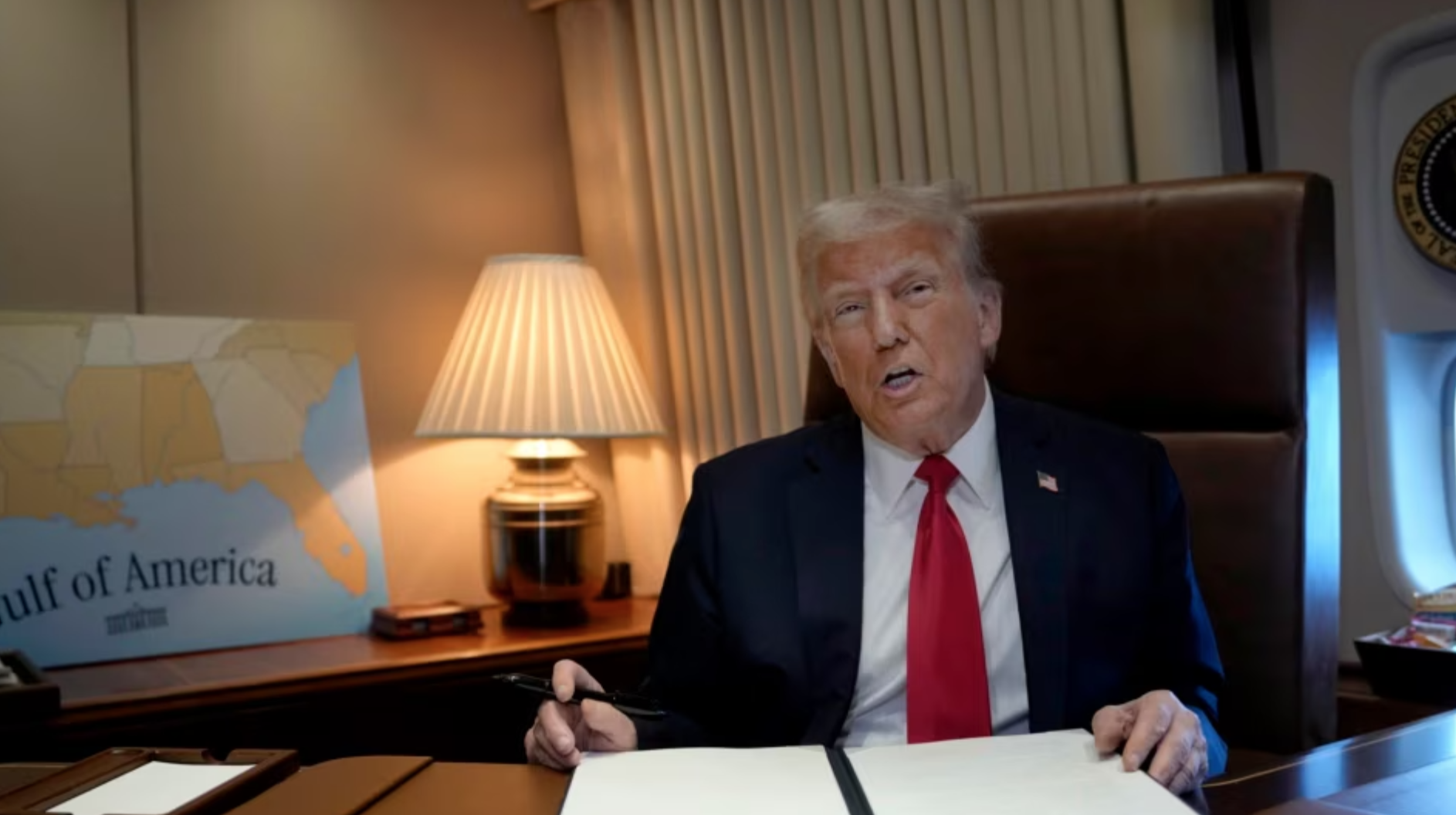Photo: Depositphotos
The United States opposes the use of the term “Russian aggression ” in the joint statement of the Group of Seven (G7) on the third anniversary of Russia’s full-scale invasion of Ukraine. This was reported by the Financial Times (FT) on 20 February, citing five Western sources.
White House position threatens G7 unity
According to the publication, the position of the Donald Trump administration could disrupt the traditional demonstration of Western unity. The disagreement arose after US President Donald Trump actually accused Ukraine of starting the war, called Ukrainian President Volodymyr Zelenskyy a “dictator without elections” and suggested inviting Russia to return to the G7.
“The Americans are blocking the wording”
US officials have opposed terms such as “Russian aggression“, which have been used by the G7 since 2022 to describe the conflict. One Western official told the FT:
🗣️ “The Americans are blocking this wording, but we are still working on the text and hope to reach an agreement. We believe that it is necessary to clearly separate Russia and Ukraine – they are not the same thing.”
In the G7 joint statement for 2023, the term “Russian aggression ” was mentioned five times. However, the current Trump administration insists on softer language, promoting the concept of a “Ukrainian conflict” instead of a “Russian war against Ukraine,” the FT notes.
Trump wants Russia to return to G8
Donald Trump has repeatedly expressed his desire to restore the G8 format by bringing Russia back into the fold. As a reminder, Russia was expelled from the G8 in 2014 after the annexation of Crimea. In an interview with Reuters on 13 February, Trump said:
🗣️ “I would be happy to see Russia back at the negotiating table. Kicking it out of the G8 was a mistake. You talk about Russia all the time, so why not have it at the table? I think Putin would love to come back.”
“The G7 currently includes the United States, the United Kingdom, Germany, France, Italy, Canada and Japan. The US Embassy in Kyiv refused to comment on the situation.

















